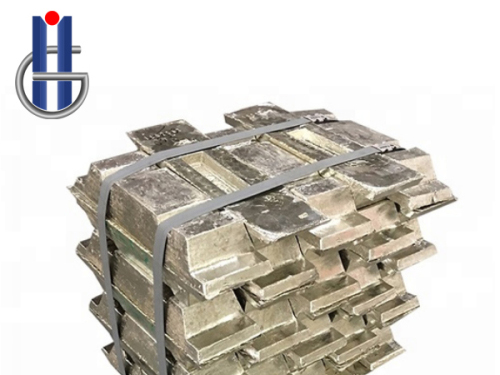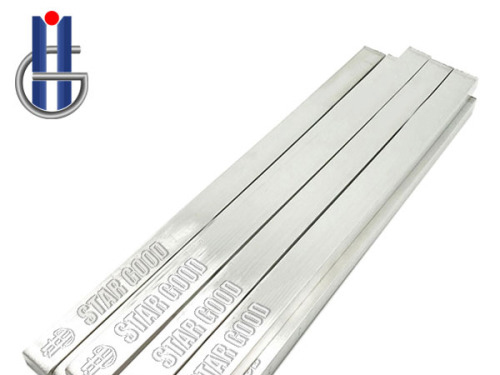The
lead-tin bar is commonly used for welding applications, where the lead-tin alloy serves as the solder. The usage of this alloy spans across various industries and application areas, primarily based on its unique properties and characteristics. Here are some key usage areas for
lead-tin alloy bars:
Electronics Manufacturing:
Lead-tin alloy bars are among the most commonly used soldering materials in the electronics manufacturing industry. They are employed for connecting electronic components, such as electronic devices, wires, and connectors on circuit boards.
Electronic Repair and Assembly:
In the repair and assembly processes of electronic equipment, lead-tin alloy bars are widely used for connecting and repairing electronic components.
Electronic Component Production:
In the production of resistors, capacitors, and other electronic components, lead-tin alloy bars are used to connect the pins and terminals of these components.
Aerospace Industry:
In the manufacturing of aerospace components, lead-tin alloy bars are used for soldering connections in aviation electronic components and sensors.
Automotive Manufacturing and Repair:
In automotive manufacturing and repair, lead-tin alloy bars are used for connecting electrical components, wires, and sensors.
Metal Processing and Manufacturing:
Lead-tin alloy bars can be used for connecting and repairing various metal products, such as pipes, containers, and parts.
Medical Device Manufacturing:
In the production of medical devices, lead-tin alloy bars are used for connecting and assembling various electronic and electrical components.
Communication Equipment Manufacturing:
Lead-tin alloy bars are employed in the manufacturing of communication equipment and facilities, where they are used for connecting electronic components and circuits.
Home Appliance Manufacturing:
In the manufacturing industry for home appliances, lead-tin alloy bars are used for connecting and repairing various household appliances, including TVs, washing machines, microwaves, and more.
Laboratory and Research:
In laboratory and research environments, lead-tin alloy bars can be used for connecting and fabricating experimental equipment.
It's important to note that lead-tin alloy bars contain lead, a heavy metal that poses potential health hazards. Therefore, when using lead-tin alloy bars, it is crucial to follow proper safety procedures, including good ventilation and the use of appropriate personal protective equipment, to minimize exposure to lead. Additionally, with increasing demand for environmentally friendly materials, some industries are exploring alternatives to reduce environmental impact.

 High Purity Tin Ingot: Crucial Applications and Benefits
High Purity Tin Ingot: Crucial Applications and Benefits
 Pure Tin Ingot: Essential Material for Diverse Industrial Applications
Pure Tin Ingot: Essential Material for Diverse Industrial Applications
 Unlocking the Potential of Pure Tin Bars: Essential Components for Diverse Industries
Unlocking the Potential of Pure Tin Bars: Essential Components for Diverse Industries
 Lead Bar for Sale: Uses, Specifications, and Buying Considerations
Lead Bar for Sale: Uses, Specifications, and Buying Considerations